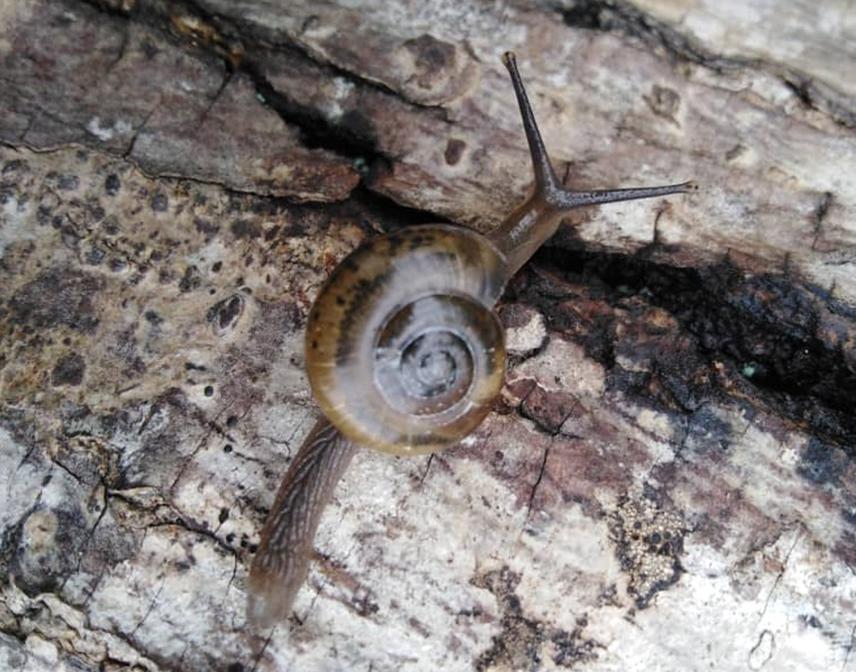Mac Elikem Nutsuakor
Other projects
7 Mar 2023
Exploring Terrestrial Molluscan Biodiversity in Ghana: Diversity, Distribution and Conservation Assessment in the Bia Biosphere Reserve (BBR), Ghana
Land snails have unique life history traits and play an important role in the ecosystem. Knowledge of them in Ghana is scanty; yet their habitats are being lost at an alarming rate through the combined effects of deforestation, and land conversion. Limited studies have been conducted on their conservation status in Ghana, but current exploitation and land conversion trends are a cause for concern. This study will provide first-hand data on land-snail assemblages in the remaining Upland-evergreen forest of Ghana which is under severe threat of degradation and also contribute to a build-up of local capacity in terrestrial mollusc research.

The land-snail fauna of Ghana and surrounding countries is poorly known. There were no systematic assessments of land snails in Ghana so far. Approximately 40 species of land snails have been described or reported from Ghana (de Winter, pers. comm.). Unfortunately, previous biodiversity assessment programs in Ghana did not consider land snails due to the lack of expertise, despite their usefulness as predictors for establishing conservation priorities.
This study aims at undertaking an inventory to provide firsthand systematic data on the species richness, diversity and distribution patterns in the Atewa Range Forest Reserve (ARFR) (a biodiversity hot-spot). It will provide basic quantitative data on molluscan assemblages in one of the last remaining upland-evergreen forest in Ghana which is under heavy threat from human activities (illegal logging, agricultural encroachment and artisanal mining logging). More devastating are current plans to give clearance to large-scale bauxite mining in the area. These current threats demand a quick and thorough study of this irreplaceable ecosystem to provide a scientific basis for conservation priorities and strategies.
Results from this study will confirm the current status of the species before they are lost by irreversible changes in land use. Such information will provide a scientific basis for conservation planning and further ecological, evolutionary and biogeographical studies. The study will provide a preliminary checklist of the land snail species of the area as a first step towards an identification guide. Identification keys to the major taxa will be developed for future use by interested individuals in order to raise interest and awareness of the group and their potential usefulness in ecological studies, and habitat quality assessments. It is worth noting that this project cannot generate a comprehensive checklist; hence my previous works will augment the final checklist. This study will attempt to bridge the knowledge gap that exists between regional and country faunas of sub-Saharan Africa. The project will further contribute to a build-up of local capacity in land-snail research.